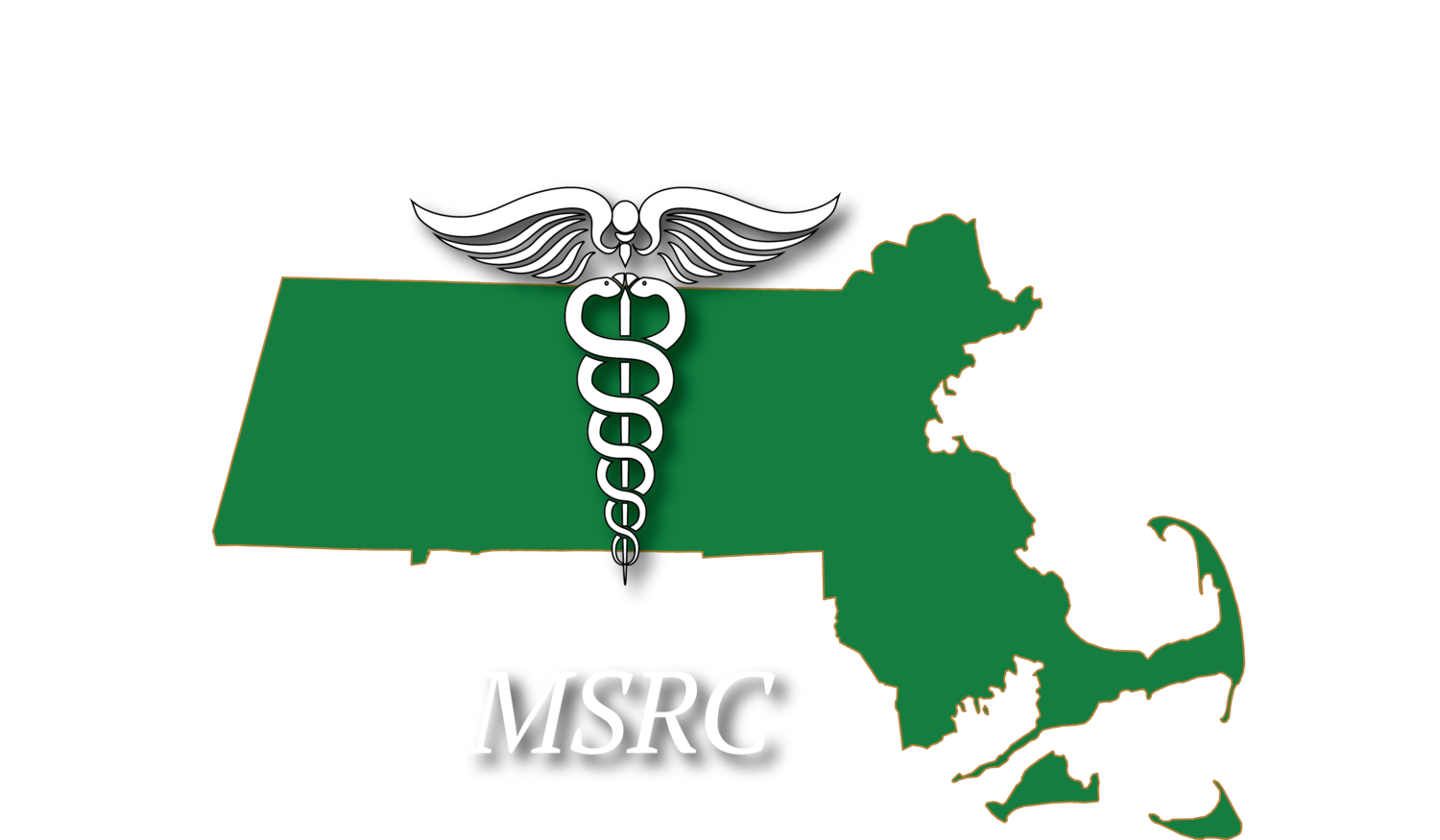As a result of the massive disruption caused by the COVID-19 Pandemic, traditional RT clinical practice has undergone a radical transformation. Driven by the fact that the primary mode of transmission of the highly infectious COVID virus is airborne, what were once considered benign procedures in terms of caregiver risk (most notably: intubation, extubation, airway clearance therapy, bag-mask resuscitation, aerosol drug delivery, to name a few), RTs must adapt to an entirely “new normal” with respect to providing direct patient care. Additional challenges included the need to quickly pivot in managing COVID-19 related acute respiratory distress syndrome (ARDS) as new data suggests major differences from long-standing treatment strategies for ARDS caused by other factors.
Objectives:
State the direct and indirect ways that the airborne transmission of the COVID-19 virus can occur;
List the steps to be taken to prevent unintended exposure of RTs and others to virus laden droplets and aerosol particles, and
Describe the current evidence for the treatment of COVID-19 related ARDS, and how this differs from strategies to treat more conventional ARDS.
Speaker: Patrick J. Dunne, MEd, RRT, FAARC
Sponsor: Monaghan Medical Corporation
Application has been made to the American Association for Respiratory Care (AARC) for continuing education contact hours for respiratory therapists.
